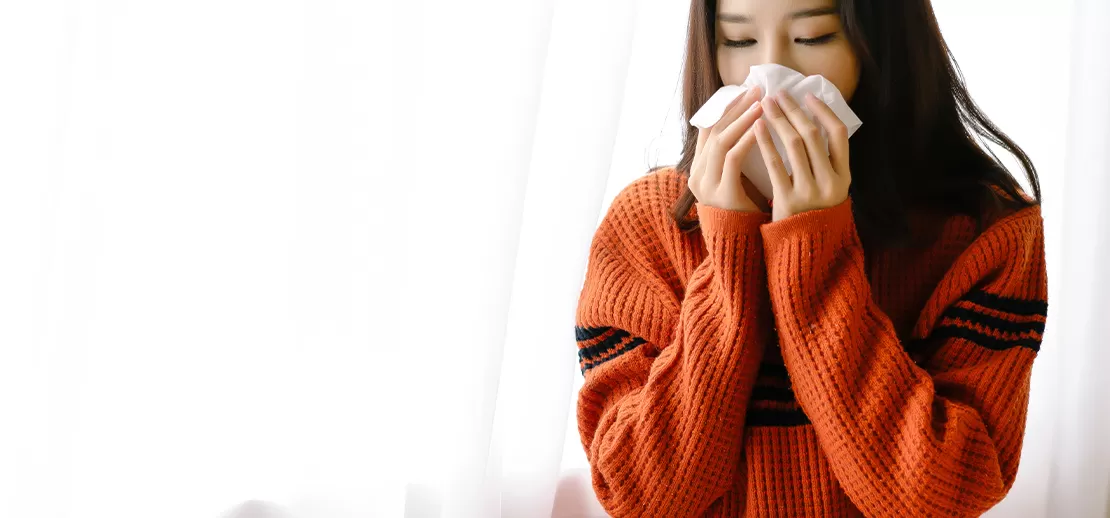Schedule Your Appointment
Are you in need of an appointment? Call to schedule yours now! During the academic year, appointments can only be scheduled in person for the current day.

Let’s face it, upper respiratory infections (URIs) are miserable. The progression of sore throat, sniffles, sneezing, nasal congestion, drainage, sinus pressure, cough, fatigue and aches all combine to make an URI a very unpleasant experience. However, there are some things we can do to help reduce (but not entirely eliminate) the symptoms.
There are over 200 viruses that can cause common cold symptoms. Most of these will last 2 weeks or less, but there are a few that can last significantly longer. Viruses DO NOT respond to antibiotic therapy. In fact, less than 2% of colds are complicated by secondary bacterial infections. Yellow and green mucous indicates there is inflammatory response present in the nasal secretions, not a bacterial infection. Using antibiotics for the common cold only serves to increase antibiotic resistance among bacteria, which is a growing (and very dangerous) problem.
*In the case of an emergency on campus, contact LUPD at ext. 3911 or (434) 592-3911. In the case of off-campus emergencies, dial 911 or go to the nearest emergency department.
Monday - Friday: 8:00 a.m. - 5:00 p.m.
Are you in need of an appointment? Call to schedule yours now! During the academic year, appointments can only be scheduled in person for the current day.
LOCATION:
Bottom of Commons 3
1606 Regents Pkwy
HOURS OF OPERATION:
Mon-Thur 8 a.m. - 6 p.m.
Fri 8 a.m. - 5 p.m. (academic year)
Mon-Fri 8 a.m. - 5 p.m. (academic breaks)
No Weekend Hours